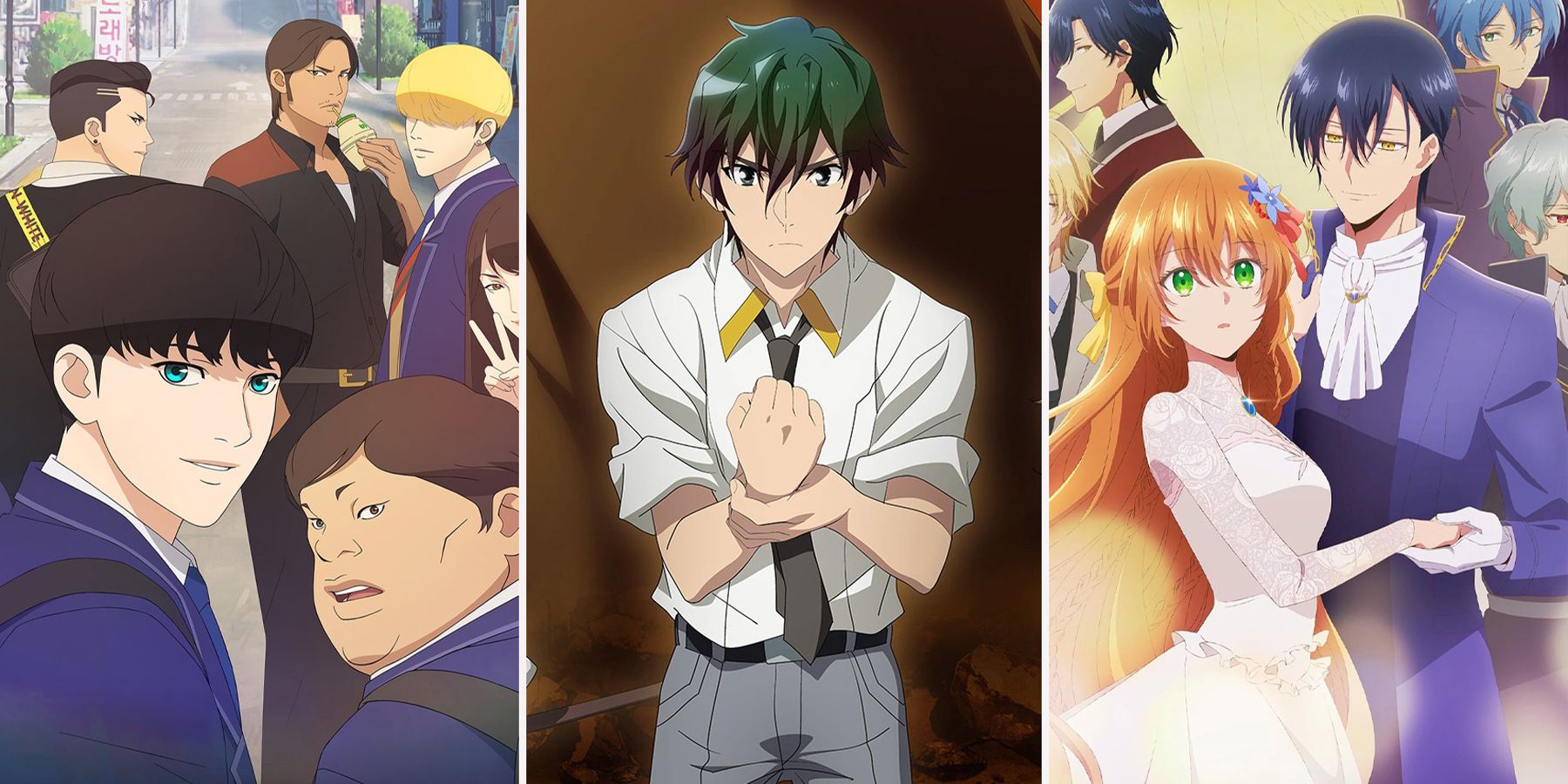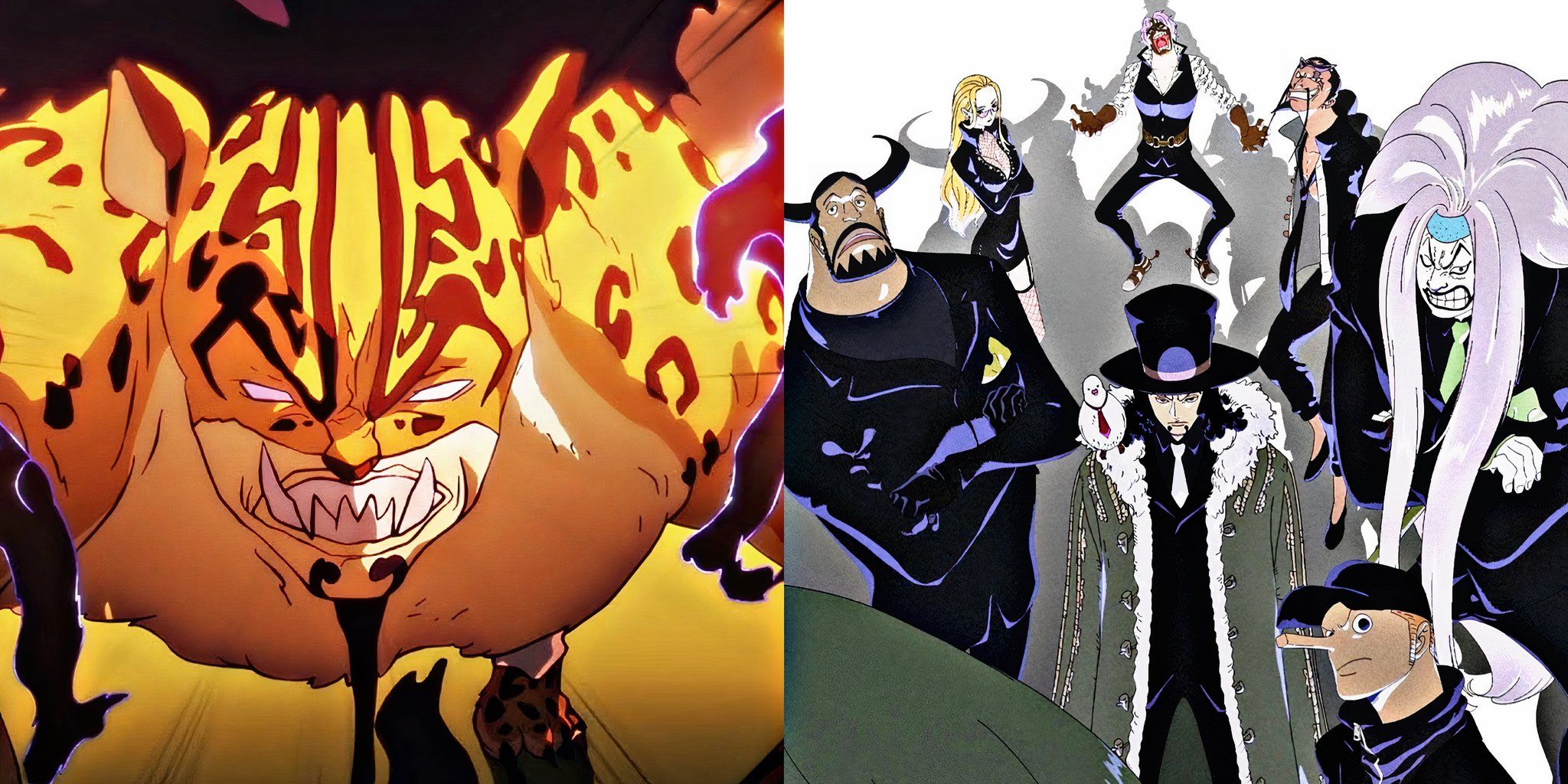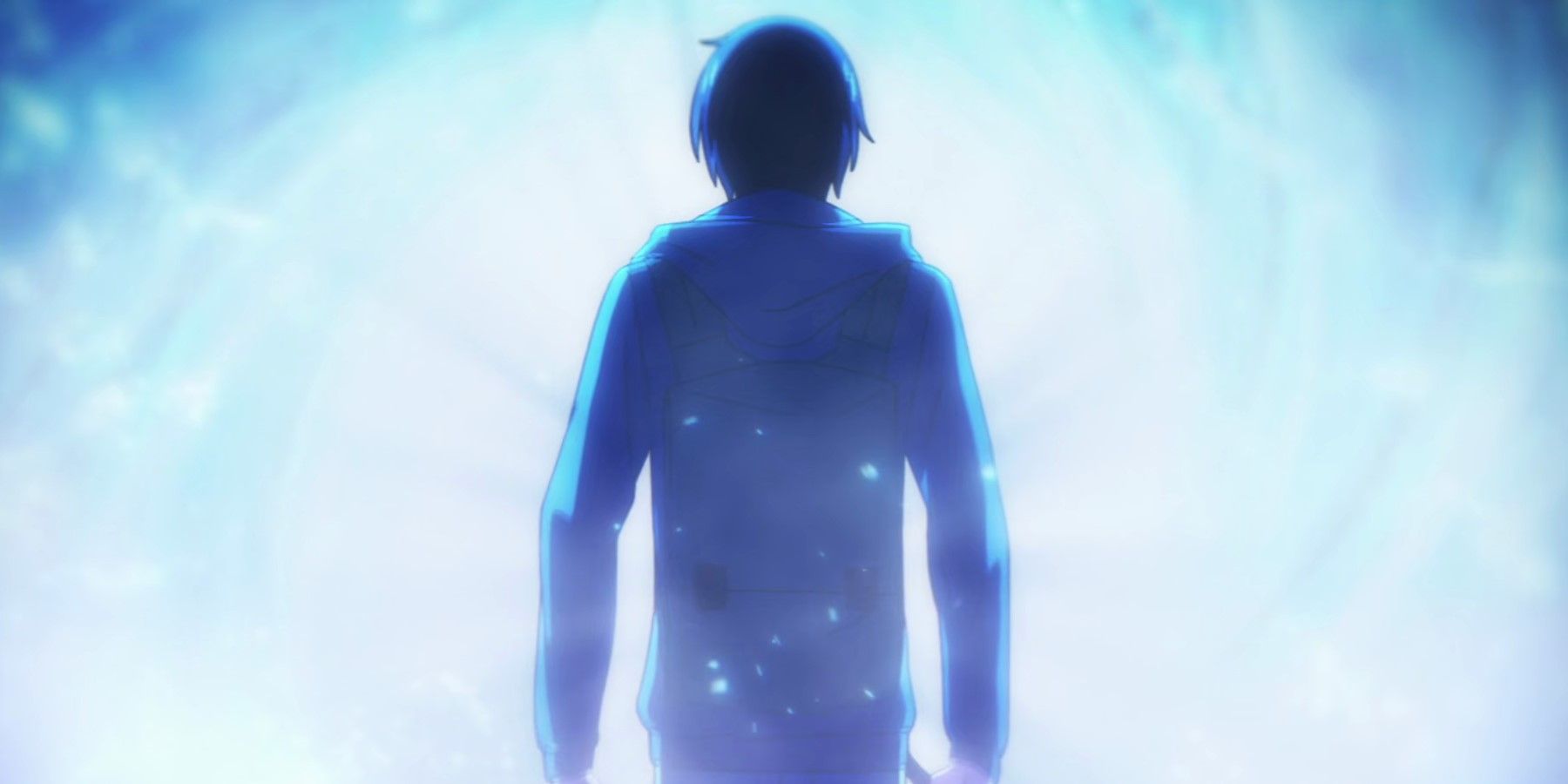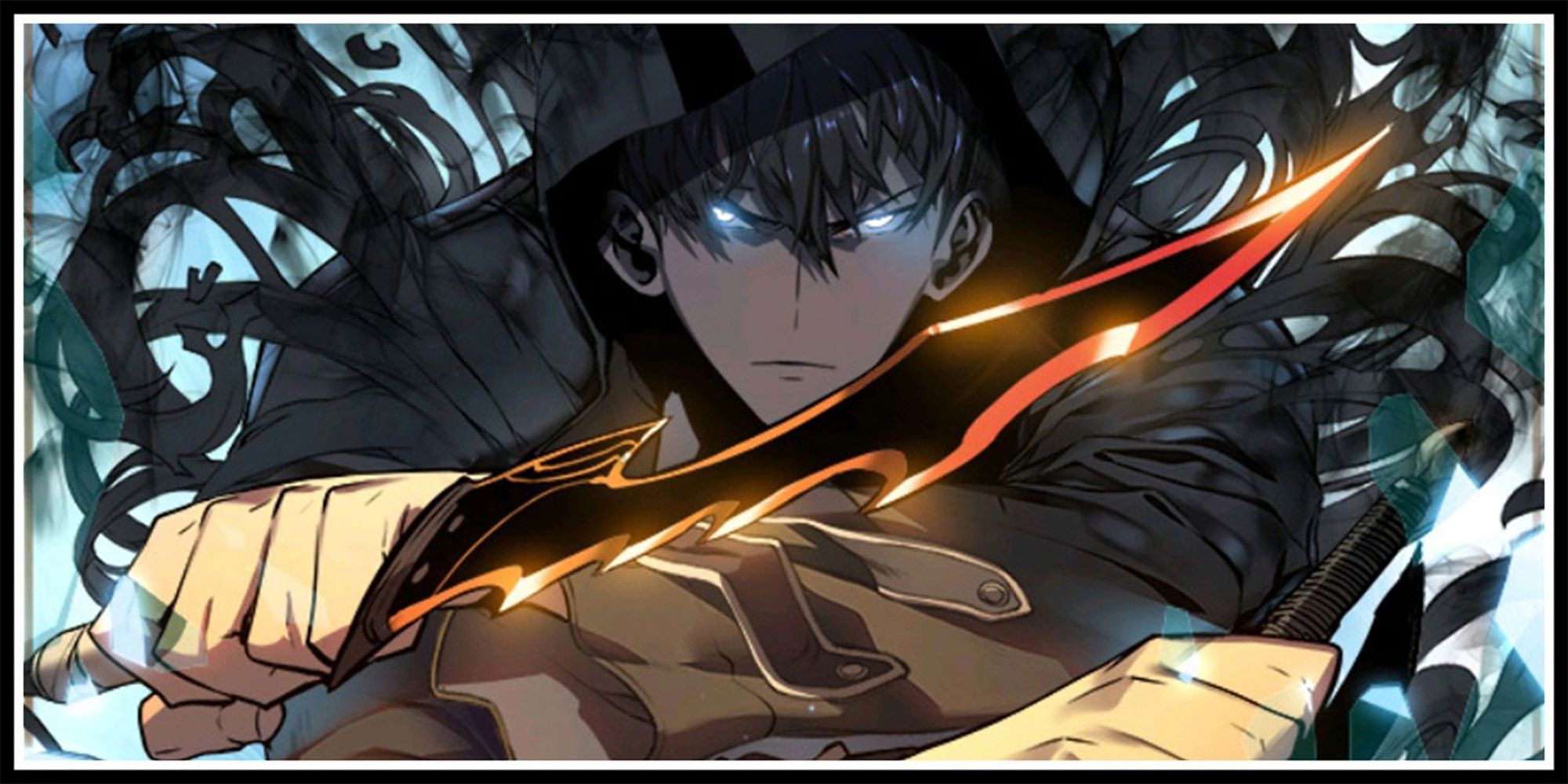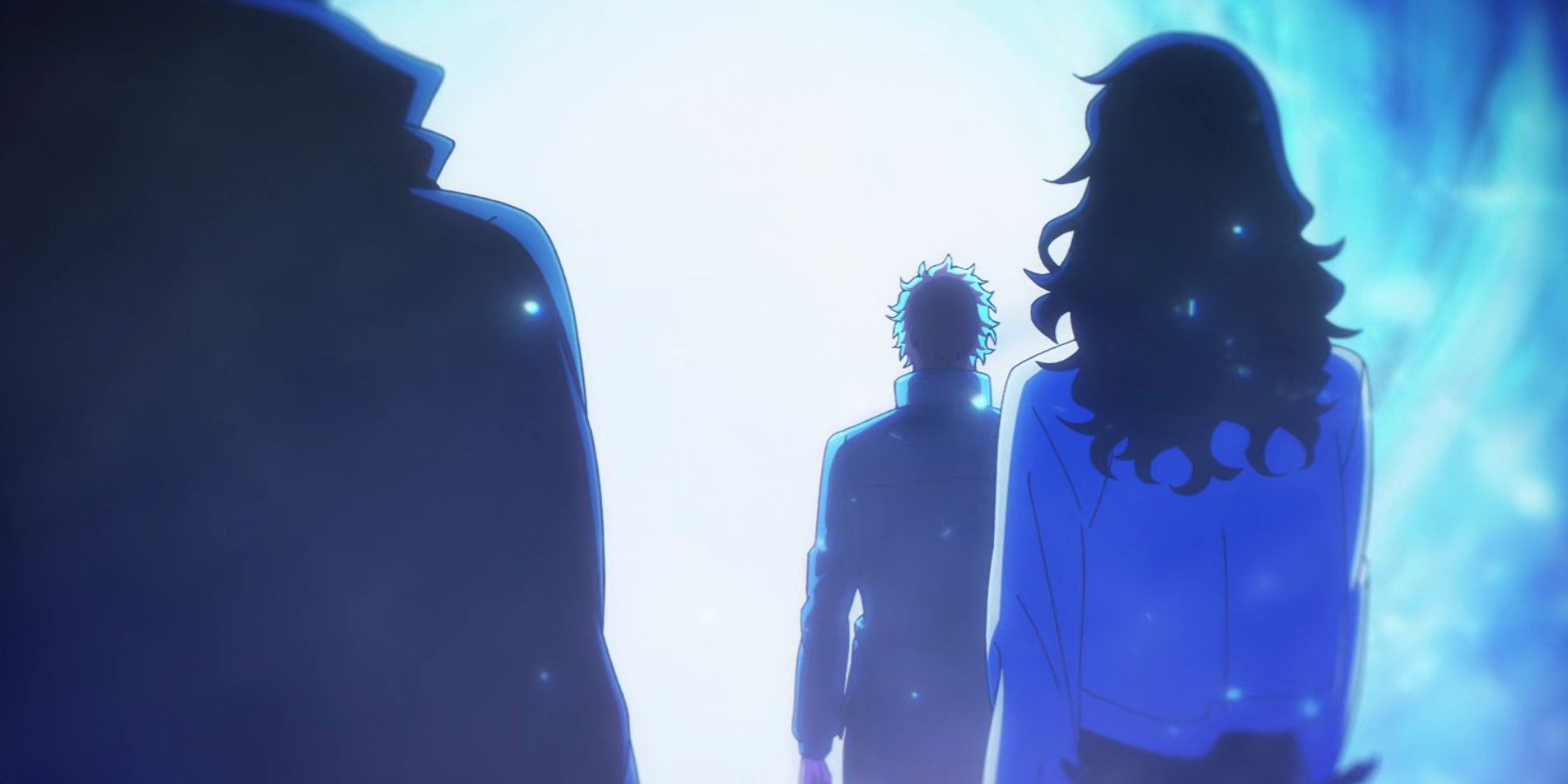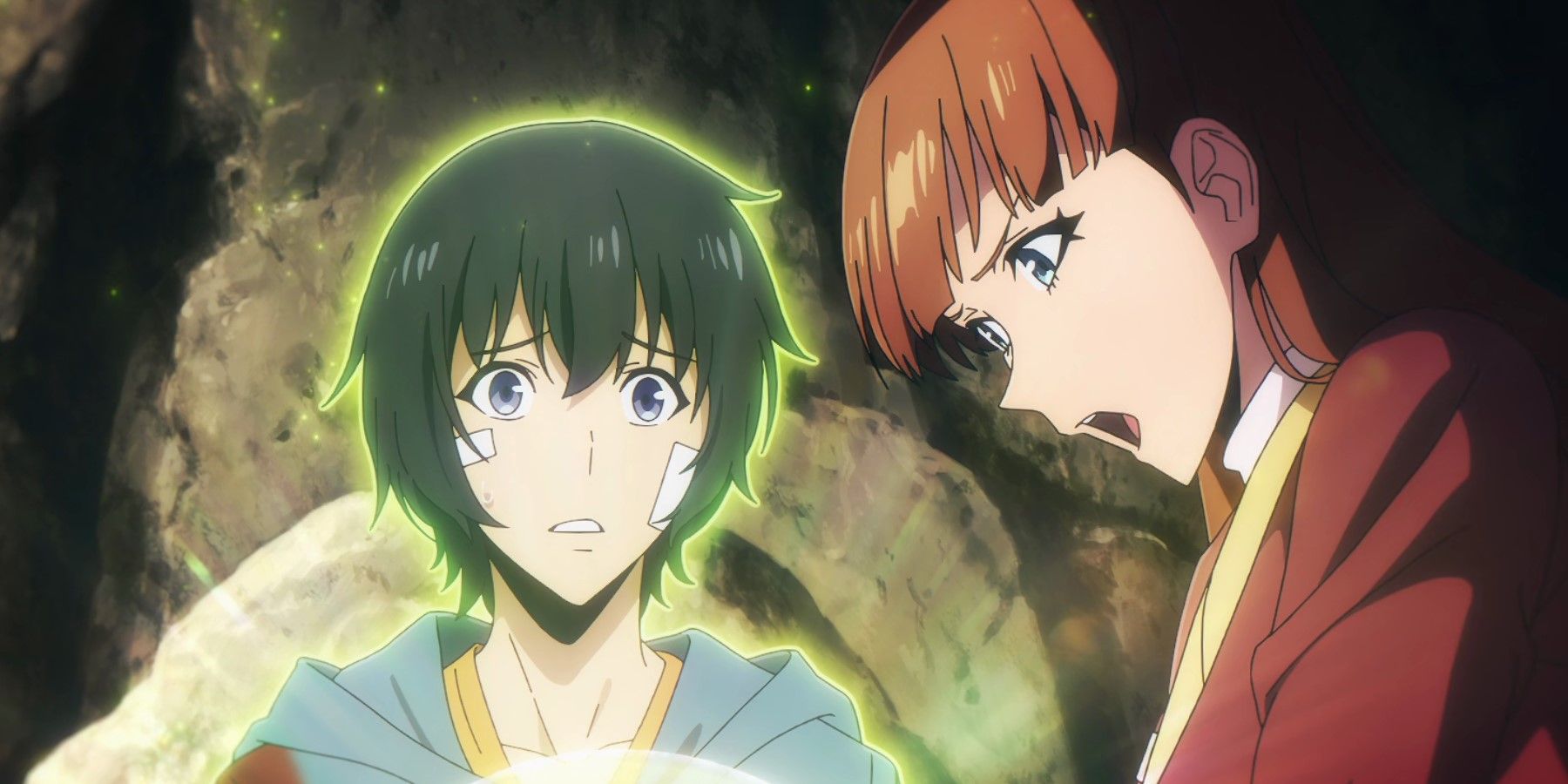Highlights
- The Solo Leveling anime adaptation has finally arrived and is highly anticipated by fans of the popular source material.
- The series is set in a world where inter-dimensional portals called Gates connect to dungeons filled with dangerous monsters.
- Although the series explores fantasy elements, it is not necessarily classified as an isekai due to its focus on the regular world rather than the alternate dimension.
The following contains spoilers for Solo Leveling, with the anime available for streaming on Crunchyroll and the webcomic available on Tapas.
The highly anticipated anime adaptation of Chugong's Solo Leveling has finally arrived. With A-1 Pictures behind the production, the series stands to have an incredible anime series on top of the incredibly popular source material that garnered millions of fans.
The series is action-packed and filled with fantasy elements and aspects familiar to gamers, but the presentation of "Gates" that connect the modern world to an alternate universe of demons, monsters and other threats is something that we've commonly seen in the infamous isekai genre. So, is Solo Leveling an isekai?
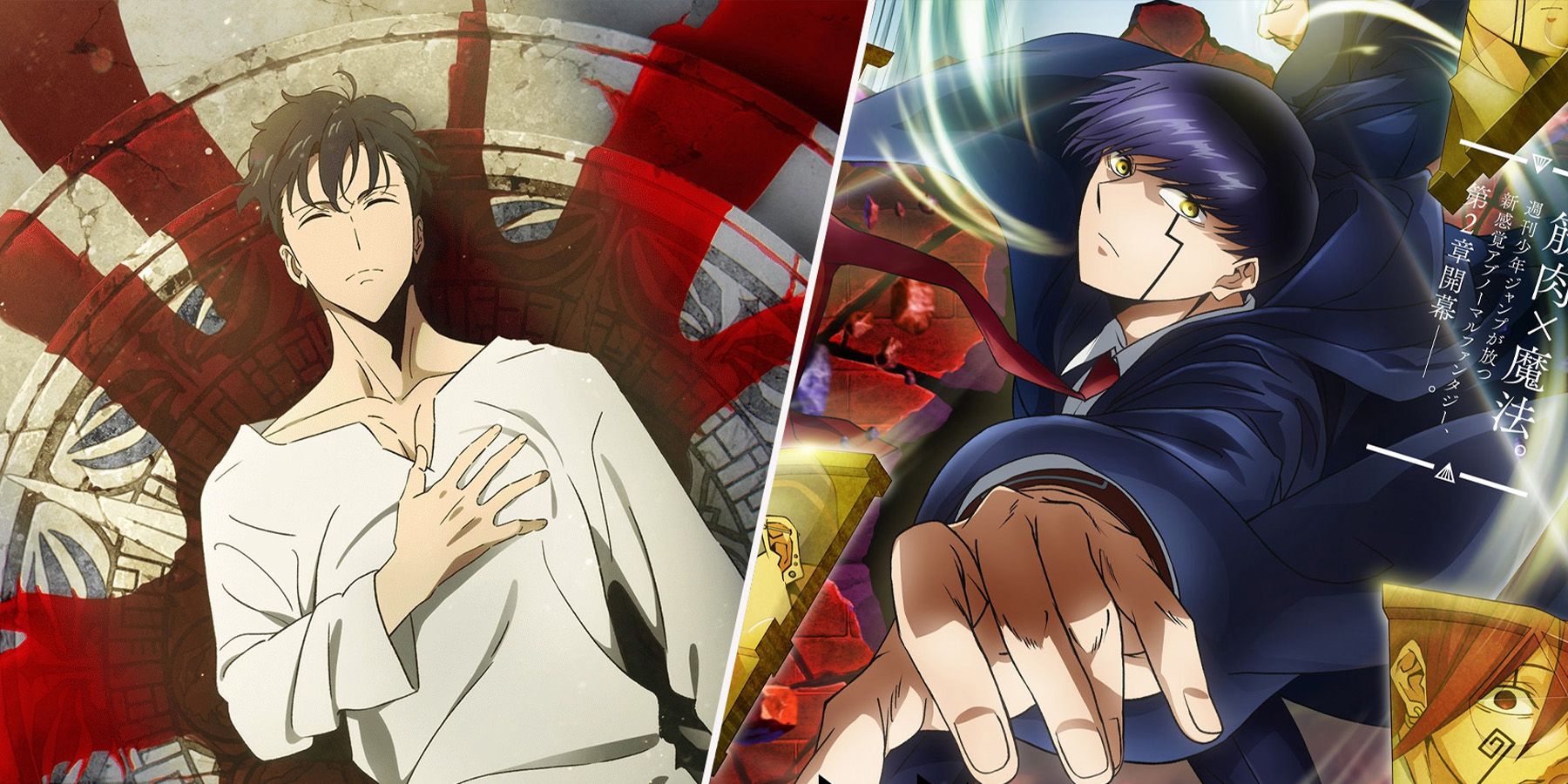
Winter 2024 Anime Season – Complete Guide
Solo Leveling, Classroom of the Elite, and Frieren: Beyond Journey's End are just a few shows airing as part of the Winter 2024 anime lineup.
What's Solo Leveling About?
The Solo Leveling anime is based on the webcomic adaptation of Chugong's webnovel, which was originally serialized on Kakao's digital comic and fiction platform KakaoPage from July 2016. The webcomic illustrated by Jang Sung-Rak (DUBU) began serialization KakaoPage in March 2018. The series is set in the modern-day, in a world where mysterious inter-dimensional portals known as Gates suddenly appeared some ten years prior to the events of the series.
These Gates connect the world to dungeons filled with dangerous "magic beasts" and monsters which cannot be dealt with through traditional weaponry. In response to the emergence of the Gates, humans imbued with magic power known as Hunters charge into the open Gates to conquer the dungeons therein and get their hands on various important resources that have now become significant in modern-day trade and commerce.
Hunters are classed from S-Rank, the highest; to E-Rank, the lowest. Protagonist Sung Jin-Woo is considered the very weakest in the world because he constantly gets wounded even in the least dangerous dungeons, earning him the nickname "Humanity's Weakest Weapon". After narrowly surviving a double dungeon that nearly decimated his entire party in what should have been a regular D-Rank raid, Jin-Woo finds himself chosen by a mysterious program known as the "System", which has assigned him the role of Player and enables him to do what no other Hunter is capable of doing: leveling up and obtaining boundless strength.
What's Isekai?
For those who aren't familiar with the term, "isekai" is a Japanese loanword which arises from the combination of the prefix "i-", meaning "different" and the word "sekai"; meaning "world", and is used to refer to narratives that feature characters who, as you'd expect, find themselves in a different world. The means through which the protagonist is sent to the alternate dimension can vary, but usually there are supernatural, psycho-somatic, social or even means that are never explained. Examples of isekai anime titles include Re:Zero; KonoSuba; or Drifters, but according to Paul Price's 2021 paper A Survey of the Story Elements of Isekai Manga in the Journal of Anime and Manga Studies, there are four main types of isekai. "Portal Quests", where the protagonist begins their otherworldly journey via a portal; "Immersive", where the entire premise takes place in the otherworld but without the aforementioned portal; "Intrusion", where fantastical elements suddenly disrupt the real world, which is sometimes referred to as "reverse isekai" – where the main character is either from the otherworldly and sent to the mundane modern world, or a character from our own world who lives in a universe where the otherworldly emerges and attempts to make life in the real world; and finally, "Liminal", where a portal has opened but now connects the two worlds in perpetuity.
In the case of Solo Leveling, the Gates that begin appearing throughout the world are connected to another world rife with monsters, magic and various otherworldly aspects; however, the threats don't emerge from the connection between the worlds immediately, and the Gates are ranked in the same way that the Hunters have been classed in an attempt to illustrate the level of danger that the monsters within can present. In various ways, Solo Leveling seems to check various boxes that would have it classified as an isekai, and could even be classified as various kinds of isekai but it might not be considered one by some people because of how these alternate worlds are emphasized in the series. In the standard isekai, the majority of the events take place in the alternate world, while in Solo Leveling, the Gates are a connection to these other dimensions, but not with the intention of remaining on the other side. In fact, the point is to clear the dungeon within seven days to prevent the creatures on the other side from emerging and wreaking havoc on the world.
Something Being Fantasy Doesn't Make it an Isekai
Due to the nature of the genre, fantasy tends to be very closely related to isekai and the vast majority of isekai titles are set in quintessential fantasy worlds. That is to say, worlds populated with elements like dragons, elves, magic, and some kind of otherworldly lore. While that isn't necessarily *not* the case with Solo Leveling, the series' exploration of such elements is to the tune of the kind of fantasy titles that draw upon the mechanics and systems one would generally find in videogames and tabletop RPGs like Dungeons and Dragons, rather than those of isekai in particular. With the majority of the series' events having significance to the regular world and not what's beyond the Gates, Solo Leveling is not necessarily an isekai, even though it does wind up exploring a lot of the significance of the beyond in relation to the main character specifically.
Evidently, Solo Leveling is in an interstice between fantasy and isekai, where major elements of both can have one classify it as either or even as both, without being completely wrong, or completely right about it either. Even an anime like GATE; where the premise is similar to Solo Leveling with the premise of a portal connecting worlds and even the possibility of otherwordly forces pouring out of the crevice, the series is set almost entirely in the alternate universe and not the protagonist's universe of origin. An anime series that greatly illustrates the point that fantasy does not always equal isekai is something like Is It Wrong to Try to Pick Up Girls in a Dungeon?, which features dungeons, guilds, leveling up and other fantasy RPG elements but has not explored any kind of isekai elements, while many narratives centered on characters who are stuck in a video game is always invariably isekai regardless of the mechanics inherent to the destination universe. Ultimately, Solo Leveling can be considered a fantasy with some elements reminiscent of isekai, but not necessarily an out-and-out isekai story.

